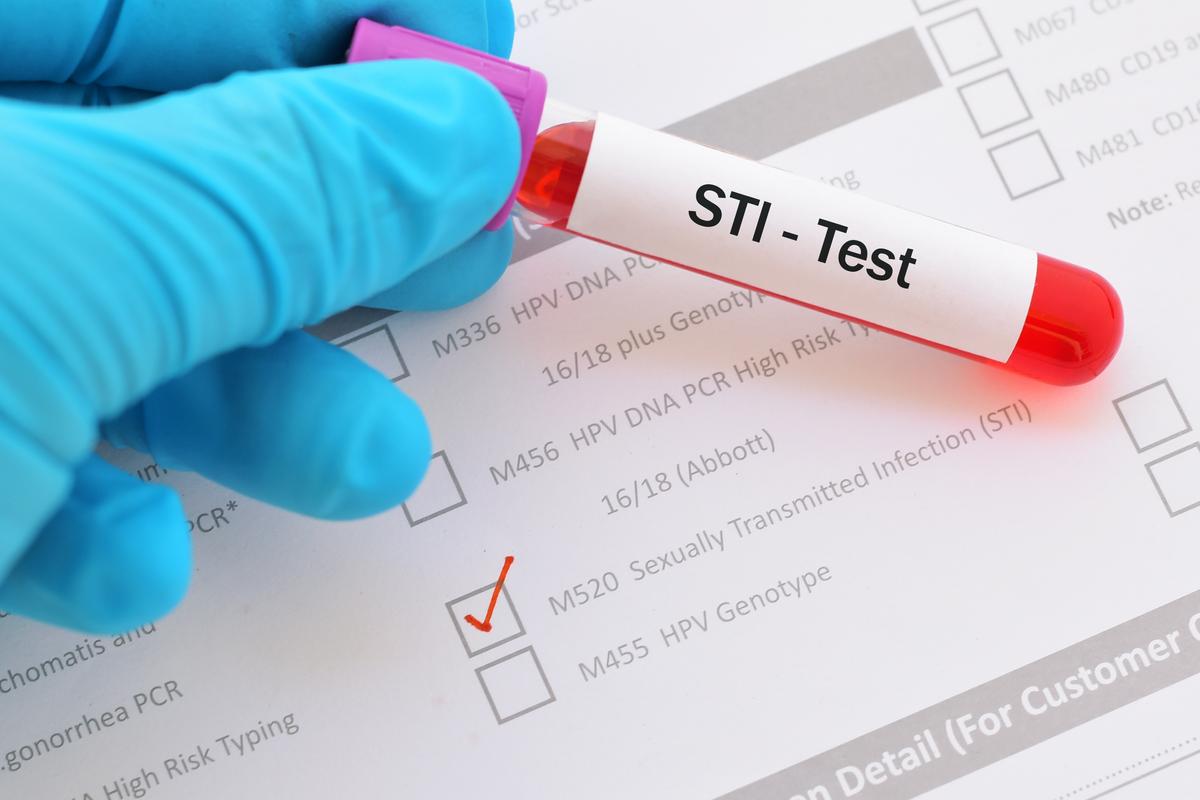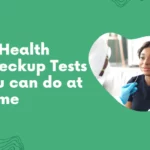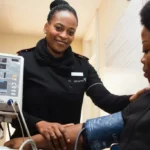Prioritizing your health is essential, no matter who you are or what you do. When it comes to sexual health, regular screening for Sexually Transmitted Infections (STIs), also known as STDs, plays a vital role in prevention and early treatment. But a common question arises: Who should get screened for STIs?
The answer isn’t always straightforward, as recommendations vary based on age, sexual activity, and other risk factors. Understanding the general STI screening guidelines can empower you to take control of your sexual health.
Here’s a breakdown of who needs STI testing:
1. Routine HIV Screening (General Recommendation)
- Who: It’s generally recommended that adolescents and adults aged 13 to 64 get tested for HIV at least once as part of routine healthcare.
- Why: Many people with HIV don’t show symptoms initially. Early detection will aid effective management and allow individuals to live long, healthy lives and prevent transmission.
2. Sexually Active Women (Especially Under 25)
- Who: Sexually active women under the age of 25. Also, women aged 25 and older with new or multiple sex partners, or a sex partner who has an STI.
- What: Annual screening for gonorrhea and chlamydia is highly recommended. These infections are common, often asymptomatic in women, and can lead to serious complications like pelvic inflammatory disease (PID) and infertility if untreated.
3. Pregnant Women
- Who: All pregnant women.
- What: Screening for syphilis, HIV, Hepatitis B (HBsAg), and Hepatitis C should be done early in pregnancy. Depending on risk factors, testing for chlamydia and gonorrhea might also be recommended.
- Why: These infections can be passed to the baby during pregnancy or childbirth, causing serious health problems. Early detection allows for treatment to protect both mother and child. These are critical STD testing recommendations during pregnancy.
4. Men Who Have Sex with Men (MSM)
- Who: Sexually active gay, bisexual, and other men who have sex with men.
- What: At least annual screening for syphilis, chlamydia, and gonorrhea is recommended. More frequent testing (every 3-6 months) is advised for those with multiple or anonymous partners. Annual HIV testing is essential. Testing for Hepatitis C is also recommended, especially for MSM living with HIV.
5. Individuals with Increased Risk Factors
- Who: Anyone with new or multiple sexual partners, individuals whose partners have an STI, people who don’t consistently use condoms, or those who share needles for drug use or other purposes.
- What: More frequent STI screening, including at least annual HIV testing, is crucial. The specific tests and frequency depend on individual risk behaviours and should be discussed openly with the healthcare provider. Understanding when to get tested for STIs is key here.
6. Individuals Engaging in Oral or Anal Sex
- Who: Anyone engaging in oral or anal sex.
- What: Infections like gonorrhea and chlamydia can occur in the throat and rectum. If you engage in these types of sex, discuss throat and rectal testing options with your healthcare provider, as standard urine tests or vaginal swabs may miss these infections.
7. Anyone Starting a New Sexual Relationship
- Who: Individuals entering a new sexual partnership.
- What: It’s often a good idea for both partners to consider getting tested for common STIs before initiating sexual activity or foregoing barrier methods. This promotes open communication and ensures both partners know their status.
Making STI Screening Accessible and Private
Knowing who should get screened for STIs is the first step. The next is actually getting tested. Concerns about privacy, convenience, or potential embarrassment at clinics can sometimes be barriers. If you feel hesitant about traditional testing methods, you’re not alone.
Healthtracka understands these concerns and developed the Lemon kit, a discreet at-home STI test solution. The Lemon kit empowers you by allowing you to collect your own blood, urine, and swab samples in the privacy of your home.
- Discreet Packaging: Your kit arrives in plain packaging, ensuring confidentiality.
- Convenient Process: We arrange a pickup for your collected samples right from your home.
- Comprehensive Testing: The Lemon kit screens for 5 common STIs.
- Fast, Private Results: Receive secure digital results via email within 48 hours.
- Support Included: Get a complimentary doctor’s consultation to understand your results and discuss the next steps if needed. This makes private STI testing supportive and actionable.
Prioritize Your Sexual Health
Understanding who needs STI testing based on these general STI screening guidelines helps you make informed decisions. Regular screening is a fundamental act of self-care and responsibility towards your partners.
Don’t let hesitation prevent you from knowing your status and accessing care if needed. With options like convenient at-home STI tests, taking control of your sexual health in Nigeria is easier than ever.
Don’t let uncertainty or self-consciousness compromise your health. Get the discreet Healthtracka Lemon kit to get tested now.




